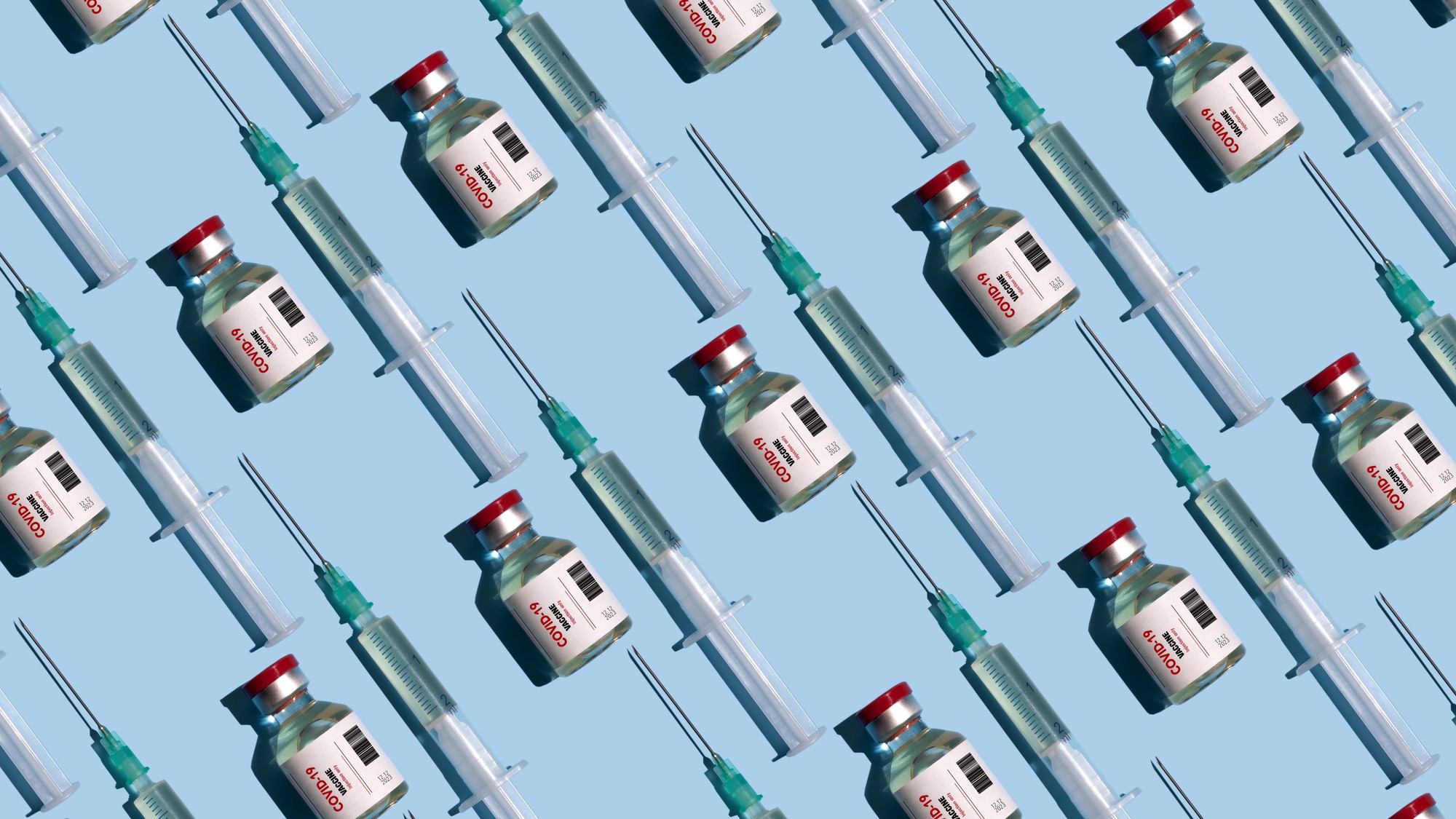Health
Covid-19 mRNA Vaccines Show Promise in Boosting Cancer Treatment

Recent research indicates that Covid-19 mRNA vaccines may play a significant role in enhancing cancer treatment outcomes. A study published in the journal Nature suggests these vaccines can improve the effectiveness of immunotherapy for patients with advanced melanoma or lung cancer. This development could be transformative for thousands of patients, offering a low-cost and widely accessible treatment option.
The study analyzed clinical outcomes for over 1,000 patients who received immune checkpoint inhibitors, a type of immunotherapy that helps the immune system target and eliminate cancer cells. According to the authors, this approach involves blocking specific proteins that tumors produce to deactivate immune responses, allowing for continued destruction of cancer cells.
Results revealed that patients who received either the Pfizer or Moderna mRNA-based Covid-19 vaccine within 100 days of starting immunotherapy were more than twice as likely to survive after three years compared to those who did not receive the vaccines. The extended survival rates were attributed to the mRNA’s ability to enhance the immune system’s response to the innovative cancer treatments.
Jeff Coller, a professor of RNA biology and therapeutics at Johns Hopkins Medicine, emphasized the importance of this finding. “We are really tapping into that natural process that your body already knows how to respond to,” he stated in an interview with NBC News. He highlighted how leveraging the body’s inherent defenses can improve cancer treatment efficacy.
The lead author of the study, Adam Grippin, expressed enthusiasm about the findings but noted the need for further validation. “This data is incredibly exciting,” he said to The Washington Post. Researchers plan to confirm their results through a Phase III clinical trial. If successful, the study authors believe this intervention could extend immunotherapy benefits to millions of patients who currently lack effective treatment options.
The potential of mRNA vaccines in oncology is not entirely new. Scientists have previously developed personalized mRNA cancer vaccines tailored to combat individual tumors, as well as those targeting common genetic markers in specific cancers, such as pancreatic cancer. Unlike these personalized approaches, the Covid-19 mRNA vaccines can be used at any point during a patient’s treatment without the need for customization.
Despite the encouraging findings, there has been skepticism surrounding mRNA vaccines within certain political circles. The previous administration terminated 22 mRNA vaccine development investments, citing inefficacy in preventing upper respiratory infections. The Department of Health and Human Services recently reiterated this stance in a statement to The Washington Post.
As the possibility of mRNA vaccines enhancing cancer treatment gains traction, the healthcare community is optimistic about their potential. Researchers and oncologists are hopeful that the upcoming clinical trials will further validate these findings, ultimately benefiting patients worldwide.
-

 Science2 weeks ago
Science2 weeks agoResearchers Challenge 200-Year-Old Physics Principle with Atomic Engines
-

 Politics2 weeks ago
Politics2 weeks agoNHP Foundation Secures Land for 158 Affordable Apartments in Denver
-

 World3 days ago
World3 days agoBoeing’s Aircraft Production: Assessing Numbers and Challenges
-

 Health2 weeks ago
Health2 weeks agoNeuroscientist Advocates for Flag Football Until Age 14
-

 Lifestyle3 days ago
Lifestyle3 days agoRed Bluff High School’s Elli Nolan Named Rotary Student of the Month
-

 Lifestyle2 weeks ago
Lifestyle2 weeks agoLongtime Friends Face Heartbreak After Loss and Isolation
-

 Business2 weeks ago
Business2 weeks agoSpirit Airlines Cuts Workforce with Furloughs for 365 Pilots
-

 World2 weeks ago
World2 weeks agoGlobal Military Spending: Air Forces Ranked by Budget and Capability
-

 Science3 days ago
Science3 days agoAI Misidentifies Doritos Bag as Gun, Triggers Police Response
-

 Politics2 weeks ago
Politics2 weeks agoIsraeli Air Strikes in Lebanon Kill One, Wound Seven Amid Tensions
-

 Health2 weeks ago
Health2 weeks agoFDA Launches Fast-Track Review for Nine Innovative Therapies
-

 Top Stories4 days ago
Top Stories4 days agoUrgent Search for Suspect Who Exposed Himself to Teen Girl








